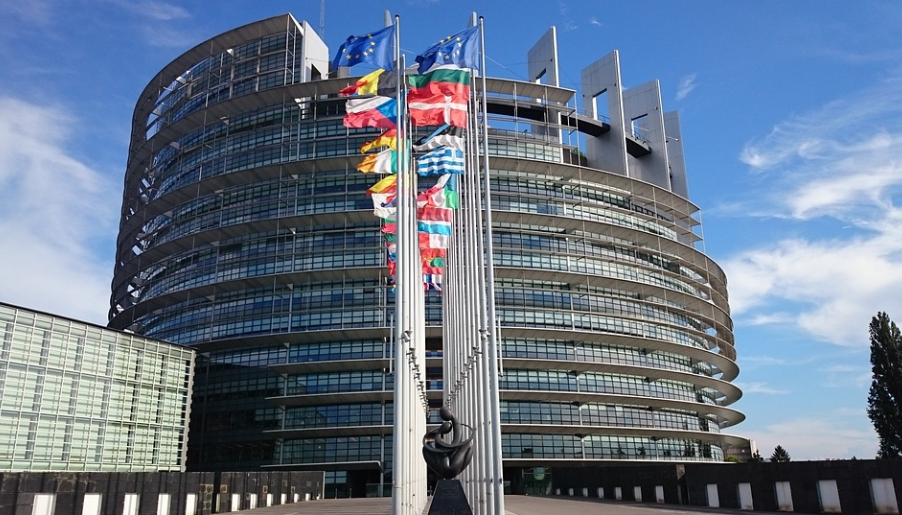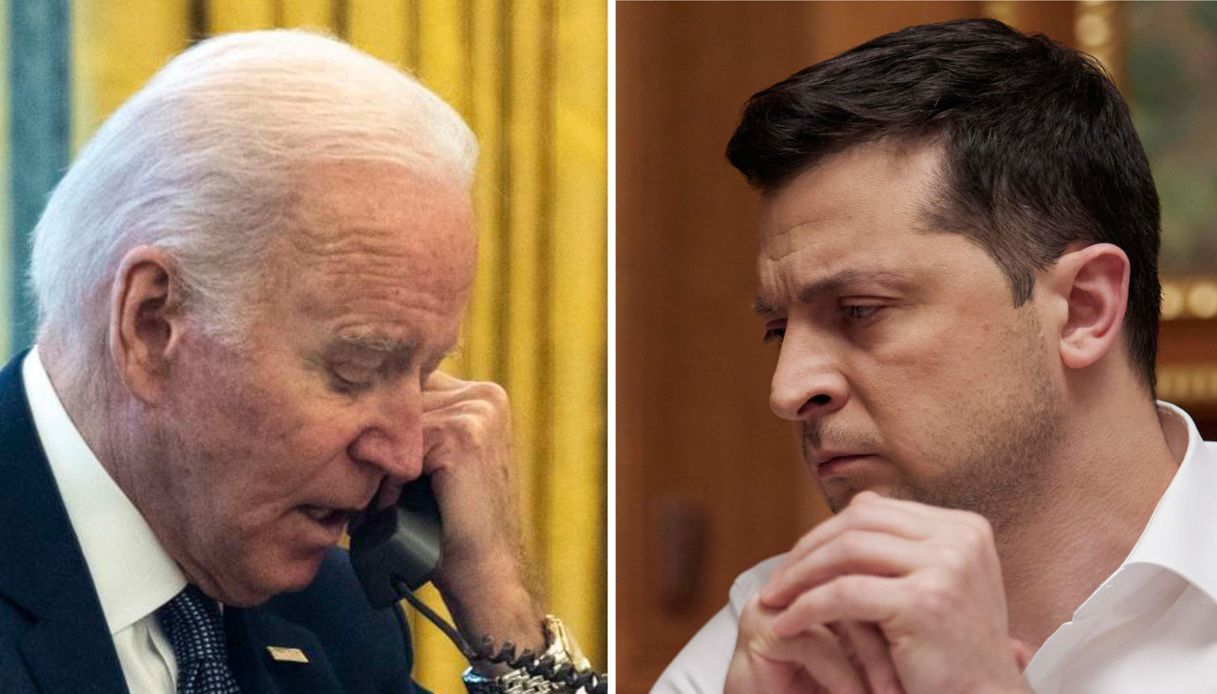[ad_1]
LONDON (Reuters) – Scotland’s First Minister Nicola Sturgeon said on Tuesday the UK government had to make changes to its European Union withdrawal bill before her devolved government in Edinburgh would agree to back it, but said she was hopeful progress could be made.
The devolved governments in Scotland and Wales are worried that the withdrawal bill will sap their powers. They cannot veto the EU bill, but failure to win their consent would be an embarrassing setback for British Prime Minister Theresa May’s government and could reignite Scottish demands for independence.
“There’s a long way still to go and I‘m very clear that bill has to change,” Sturgeon told reporters after talks with May in London that she described as “constructive and cordial”.
“Hopefully having had the opportunity to air the concerns we have in more details we will be able to make progress in weeks to come,” Sturgeon said.
The EU withdrawal bill seeks to convert all existing EU laws into British law to provide legal clarity after Britain leaves the bloc and lawmakers started to debate it on Tuesday in Britain’s parliament.
Scotland and Wales, which currently control policy areas such as health, education, transport and agriculture, say the legislation does not guarantee the status of their devolved powers after Brexit.
A spokeswoman for May said that devolved powers would be enhanced after Brexit.
“The prime minister reiterated that as powers are repatriated from Brussels back to Britain there will be a significant increase in the decision-making powers for the Scottish Government and other devolved administrations.”
Brexit is a source of tension for the four constituent nations of the United Kingdom because Scotland and Northern Ireland voted to stay in the EU, while Wales and England – by far the most populous of the four – voted to leave.
Reporting by Elisabeth O’Leary; Editing by Gareth Jones
[ad_2]
Source link







Leave a Reply